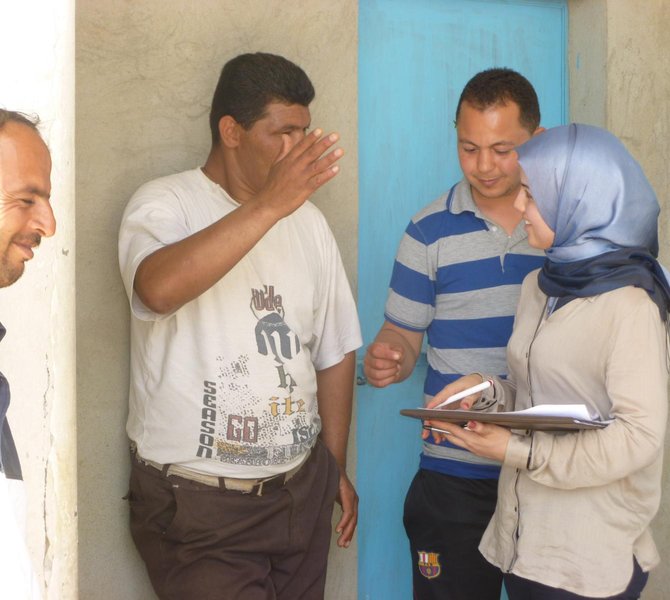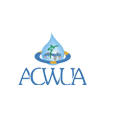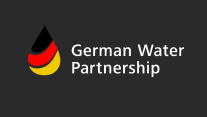Cases
Establishing a stakeholder dialogue platform for water governance Kairouan, Tunisia
Summary
In Tunisia, water scarcity is a significant problem, especially in the central and southern parts of the country. One hundred fifty kilometers south of Tunis in the governorate of Kairouan (Al-Qayrawan), for instance, farmers have difficulty accessing water for the irrigation of their fields. Even more alarming: some people do not have access to drinking water, as ground water levels continue to drop. A Water Forum between different stakeholder groups is being established to help bring about more effective water governance in the region.
Situation
Project Background
In the region of Kairouan, public officials and farmer groups do not always have the same understanding of the water challenges they face. Farmers accuse public actors of poor and inequitable water governance. On the other hand, public water officials claim that farmers are using water inefficiently and accessing water sources illegally. In this kind of situation, a dia-logue between different stakeholder groups offers opportunities for transforming differences into constructive strategies. The main objective of such dialogue is to bring all actors around one table, build trust and find commonly accepted solutions related to water governance and use. The project is funded by the Deutsche Gesellschaft für Internationale Zusammenarbeit (GIZ) and implemented by the Collective Leadership Institute (CLI). It is part of GIZ’s approach for integrated water resource management in Tunisia. The principle partner is the Tunisian Min-istry of Agriculture.
Stakeholders
The two main stakeholder groups are the public administration and water users. The principal public actor is the Ministry of Agriculture and its regional representation in Kairouan (Commissariat Régional du Développement Agricole, CRDA). The CRDA is in charge of wa-ter supply and the necessary infrastructure that is needed for water access and transport. Of course all people living in Kairouan are water users, since they use water for drinking, cook-ing, cleaning, bathing and/or irrigation in their daily lives. Approximately 80% of water con-sumption is for irrigation. This is why farmers are a key stakeholder group when it comes to sustainable water consumption. Some of these farmers are organized in water user groups, the so-called Groupements de Développement Agricoles (GDA). The project wants to involve civil society actors as much as possible, since these can be im-portant advocacy groups for sustainable development in the water sector. Unfortunately, the very few NGOs in the region have limited personnel and financial resources. The Water Fo-rum tries to support these actors to ensure their participation.
Approach
Phase 1: Exploring & Engaging
Phase 1: Exploring and Engaging Before the start of the project, GIZ conducted a social network analysis in the region of Kair-ouan in order to start to identify change makers within the group of farmers and public actors. In a first phase, farmers from specific rural communities meet to discuss strategies and best practices of efficient water use, for instance drip irrigation. Also civil society groups met to discuss the problems and challenges related to drinking water. Public actors come together as well to elaborate their claims and suggestions toward the other stakeholder groups. The farmer meetings took place in different parts of Sbikha, in the Nebhana River basin. Given the lack of structured farmer associations, participants voted for a key group of actors (a small container) to represent their community in discussions with the water administration. The objective is to establish one or more mixed groups, representing the different stakehold-ers that work on topics like irrigation techniques, water access and good governance.
Phase 2: Building and Formalizing
Phase 2: Building up and Formalizing The objective of these mixed meetings is to produce concrete measures and even guidelines for water management and consumption which are accepted by everybody. The most im-portant topics and agreements will be documented in a Water Charter for the Nebhana River system (including a key dam, irrigation canals and three aquifers), which will be signed by local administration, farmers and civil society leaders and shared with the larger public. High-level political support is guaranteed by the heads of the different administrative sectors in Kairouan, the governor at the regional level and representatives from the Ministry of Agricul-ture at the national level in Tunis. These actors are regularly informed about the process and involved in relevant discussions. The project wants to further structure and formalize stake-holder dialogue through the Water Forum to make it sustainable.
Phase 3: Implementing and Evaluation
Phase 3: Implementing and Evaluating The project has not arrived yet at phase 3. Implementation of concrete measures will happen once the mixed groups are established and first agreements on actions are made. Evaluation is ongoing within all stakeholder groups after each process step. Of course regular commu-nication, especially to build awareness of the Water Forum and its goals, is key to the project’s success.
Phase 4: Developing further, replicating or institutionalizing
Phase 4: Developing further, replicating or institutionalizing If the Water Forum in Kairouan helps improve water governance in the region, it can be deemed a successful pilot project for other parts of the country. It is still too early to decide on further replication but first results look promising.
Transformation
Change initiative
The Nebhana Water Forum is a good example for a stakeholder dialogue in the water sector which can have a greater impact on water use and consumption patterns in the region.
Results
Of course, consumption habits are changing very slowly and the Forum will only be successful if it produces positive results for everybody. The CLI is grateful for the close collaboration be-tween the German development cooperation (GIZ) and local partners in facilitating this process.










0 Comments